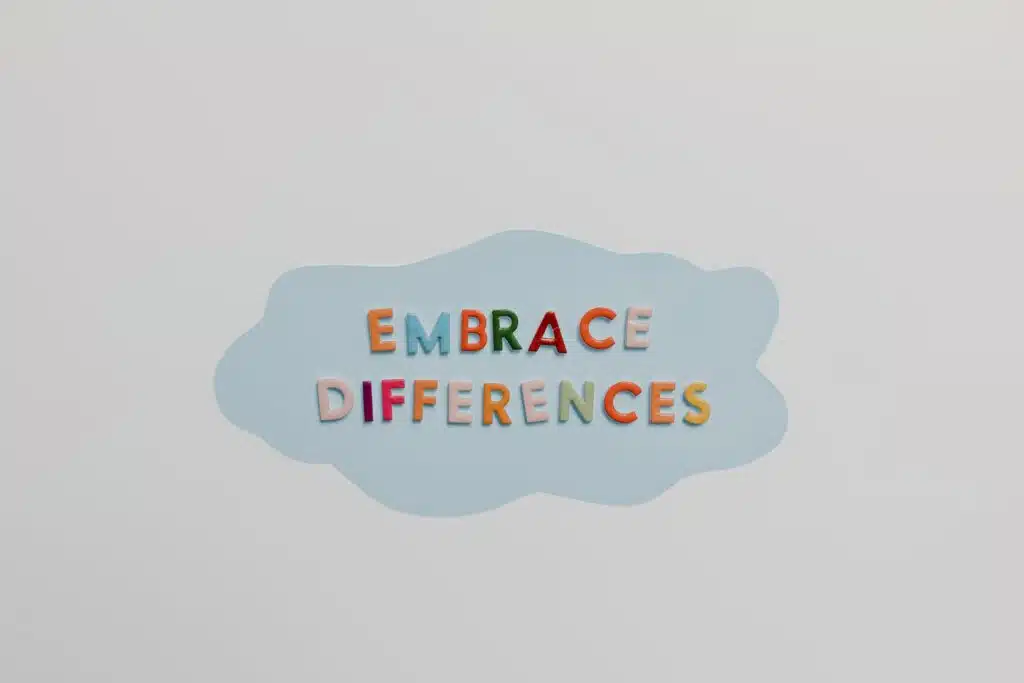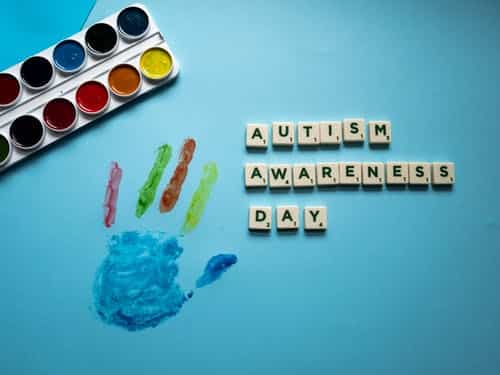Since World Autism Awareness Day was first established back in 2007, the awareness and recognition of people with Autism Spectrum Disorders (ASD) has grown significantly. ASD as a whole has received greater visibility and respect as a result of increased awareness and there is now, more easily-accessible support that can be tailored to individuals with ASD. Awareness of ASD has increased and this is fantastic, but people and organisations can still benefit from learning more about the effects of ASD and understanding the autistic brain. So, what is it like working with autism?
Here’s my story:

I’m Kieren, I was diagnosed with Asperger’s Syndrome back when I was 18 and for me this was a real relief as it answered a lot of the questions and doubts that I had about myself. Unlike many people with ASD, I benefited from having a lot of good friends around me, but I always felt I was heavily judged by many of those who didn’t know me and just saw me as a ‘weird kid’. It was fantastic to finally get that explanation as to why I was a little different to everyone else, and why my brain seemed to work in a different way. Straight away, I began reading into Asperger’s Syndrome to learn more about it, find out about other people’s experiences and see how I could help myself.
Fast forward to the present day and I have definitely learned to live with ASD exceptionally well! I am aware of what others may find odd about me and can mask this, avoid making inappropriate comments and generally make myself appear ‘normal’. One comment that always makes me laugh is when I make others aware that I have ASD and they reply with “no way! I wouldn’t have ever known that you have Autism” or “You don’t seem autistic” but what does that actually mean? This exact conversation happened when I started my new role at Virgin Incentives and told my colleagues about my ASD. I’ve come to realise that everybody is very much aware of ASD, but not everybody is educated as to how it works or what is involved and I believe that workplaces and organisations will benefit from learning more about ASD.
My Experience at Virgin Incentives
In previous roles, I have very rarely disclosed that I have ASD to the company. I always had a fear that due to the nature of ASD, the company would judge me as incapable of doing the job and I would not get the same opportunities as others due to social struggles. When I first started with Virgin Experience Days, this was the first company that I spoke to about my ASD, in an effort to get the support that I may need. I spoke about my struggles in social settings, the possibility of getting overwhelmed in particular situations and not being great at reading body language, which the company took on board and my line managers have been fantastic with setting up regular one-to-one meetings to see how I am getting on. My colleagues have all been very supportive and right from the start I was asked if there was anything that could be done to help support me or if anything needed to be put in place that might help me. I often avoid big conversations in the team and just quietly crack on with my work, sometimes with headphones on, and my colleagues have always been happy for me to do this.

What more can you do?
As I have previously mentioned, there are many individuals that don’t understand ASD and this is fine, as I don’t expect people to know what ASD is. I believe that a workshop would be a great way for every company to provide their employees with the knowledge of ASD and therefore people can better understand why we act the way we do sometimes, and therefore more support can be put in place. It doesn’t take much; just a willingness to give people time alone when they need it and an understanding that people with ASD may not, from time to time, want to participate in office parties and Secret Santa’s. I personally like working to a clear structure with defined objectives, and sometimes in a setting where I can find a quiet spot and no one thinks it’s unusual.
So far, I have been extremely lucky with Virgin Incentives and I appreciate it when management at least tries to give me advance notice of changes (I don’t react well to sudden change) and any plans/events for the company.
I also understand that many people may not receive the same brilliant support that I’ve received, which is why I feel it’s so important for HR leaders to educate the workforce on ASD, especially with one in 100 people being on the autism spectrum according to the National Autistic Society. There’s bound to be someone with ASD in your company, whether they have been diagnosed or not and learning more about the condition will benefit all your employees. I have been lucky enough to ‘wing it’ in my working life and things have gone pretty smoothly most of the time but I know others have not shared that same joy, so World Autism Awareness Day is the perfect opportunity to give them the boost they need. This is my story about working with ASD so far. I have had a great and interesting journey, but I believe more can be done.

Simple tips for HR to support workers with ASD
- Educate and train other employees- The majority of people do not know how to talk and interact with those who have ASD, a simple workshop and basic training will make a huge difference.
- Regular meetings- Those with ASD can benefit hugely from being able to speak regularly to someone if they are confused, stressed or anxious about anything. This can be their line manager or a specialised mentor.
- Designated quiet space- Provide a separate quiet room and space away from others so those with ASD can get away if they start to feel overwhelmed.
- Headphones- If a quiet space is not available, let your employees with ASD wear their headphones to block out any sounds that can stress them out or, better yet, provide headphones for your employees.
- Avoid touching- People with ASD can struggle with sensory overload, consider teaching people to give space to those with ASD and use verbal praise instead of touching.
- Let them set up a routine- Many individuals work a lot better when they can set up a schedule or routine to go about their day as it reduces anxiety because they will always know what to expect.
- Do not disrupt the routine- This is not always possible in the workplace but as an employer you should try your best to avoid breaking your colleague’s schedule or routine and if there are any changes then provide as much notice as possible.
It is important to support and recognise employees of all backgrounds, find out how we can help with your employee engagement programs below.

